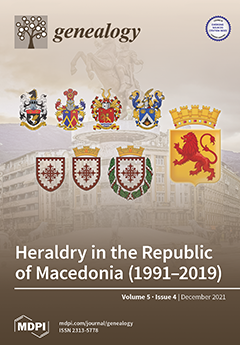This essay offers an evisceration of my troubled links to ‘cattle country’, seeking a truth-telling that responds to my mother’s romancing. I trace my family’s part in the cattle industry imposed upon Jiman Country and Wulli Wulli Country, drawing on stories populated with
[...] Read more.
This essay offers an evisceration of my troubled links to ‘cattle country’, seeking a truth-telling that responds to my mother’s romancing. I trace my family’s part in the cattle industry imposed upon Jiman Country and Wulli Wulli Country, drawing on stories populated with the hooves of cattle, the flight of emus, and the stare of a goanna. I find myself in uncomfortable territory, complicit in the actions of my settler relatives in this region of Central Queensland, but to not examine this informal archive of possession feels like a lie. The stories that shape me begin with the tales of Mum’s foster-mother, my great-aunt, about the dreadful murderous harms done during the early settler occupation of Jiman Country. My family’s later deployment of this stolen land is a related act of war. I see a related mode of violence in tales of terrified cattle in nearby Wulli Wulli Country, Mum’s girl-self perched on the back of a weary horse, whip in her hand. In all this, there is me, telling tales, like settler writers before me, caught in the writing act, exposed as a fence, dealing in stolen goods, part of the ongoing posts of making up and wires of making do. Nonetheless, I take up my extractive blade, sharpened by a field trip to this region, and carve into my family history, with its legacy of generational violence to humans, cows, waterways, and earth, exposing three extractions: the near-genocidal murders of the Jiman and Wulli Wulli people; the ongoing slaughter of cattle; and finally, there, on the kill floor, entrails exposed, the stories of my mother, laid bare for this critical reading.
Full article





